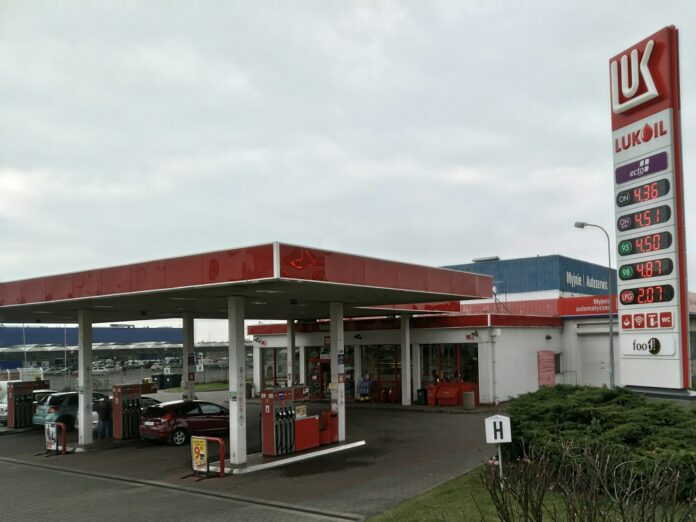In a recent development, the fire at the Lukoil plant in Russia, which was purportedly started by a downed drone, has been successfully put out.
The incident emphasizes the need for quick and effective response mechanisms to mitigate potential disasters, as well as the susceptibility of critical infrastructure to new threats. As Bloomberg reported, “a sizable amount of refining capacity is likely to be offline.”
There are worries that the incident at the Lukoil plant could cause problems for the world’s energy markets. Russia is a major player in the global energy landscape, being one of the world’s leading producers of oil. Any disruptions to its oil production and supply chain could affect global markets and cause changes in the price of oil.
As the situation continues to unfold, the Lukoil plant fire underscores the challenges faced by nations in safeguarding critical infrastructure in times of geopolitical turmoil.
The incident serves as a stark reminder of the interconnectedness of global energy markets and the importance of diplomatic efforts in preventing further escalation.
Newsweek reported citing Russian state media that the country’s “oil refineries saw a loss in operations for January partly because of drone attacks.”
The Ukrainian military carried out a string of well-planned attacks on Russian oil refineries, which Ukraine describes as a response to Russia’s invasion of Ukraine.
Authorities point to the need to weaken Russia’s economic foundation to compel a diplomatic settlement of the protracted dispute.



